Introduce tu búsqueda a continuación y presiona el botón para obtener resultados.
We secure the future of structures and components with state-of-the-art technology and unmatched accuracy in structural integrity testing. At ITA, your innovation is backed by our engineering excellence and a commitment to safety and performance.
The Structural Integrity and Fatigue Laboratory is a benchmark in the study of the strength and durability of structures and components. We test components and systems on our test benches by applying complex controlled loads and monitoring them to evaluate their functionality and durability under real operating conditions. This includes fatigue, fracture, stress, corrosion and impact resistance testing to ensure that materials, such as metal composites and alloys, and structures meet stringent safety and performance standards.
We use experimental methods for functional evaluation and prediction of components, structures or systems, combined with virtual prototyping techniques to make designs more robust and reliable, with better final functionality from a structural integrity point of view.
Design developments with increased reliability and improved functional performance in the field of structural integrity.
It allows optimizing the design of the structure and minimizing the development time, as well as increasing the robustness of the design process by avoiding premature failures.
At ITA we have opted for a new holistic strategy in our laboratories, providing experimental facilities and expertise to support research, design, development and validation of new products, including more and more electronics and software integrated into classic electromechanical products.
Mainly, the Structural Integrity and Fatigue Laboratory of ITA offers these 7 services:
Each of these services is described below.
Refers to the process of creating and testing products completely in a digital environment before building physical prototypes. This approach uses computer-aided design (CAD) software and numerical simulation techniques such as Finite Element Method (FEM), Computational Fluid Dynamics (CFD) and Discrete Element Method (DEM) to design, model, analyze and optimize products in a simulated environment.
By digitally modeling and simulating product behavior, engineers can identify potential problems, improve performance and reduce development time and costs. This approach is particularly valuable in industries such as automotive, aerospace and consumer electronics, where complex designs and stringent performance requirements require extensive testing and validation.
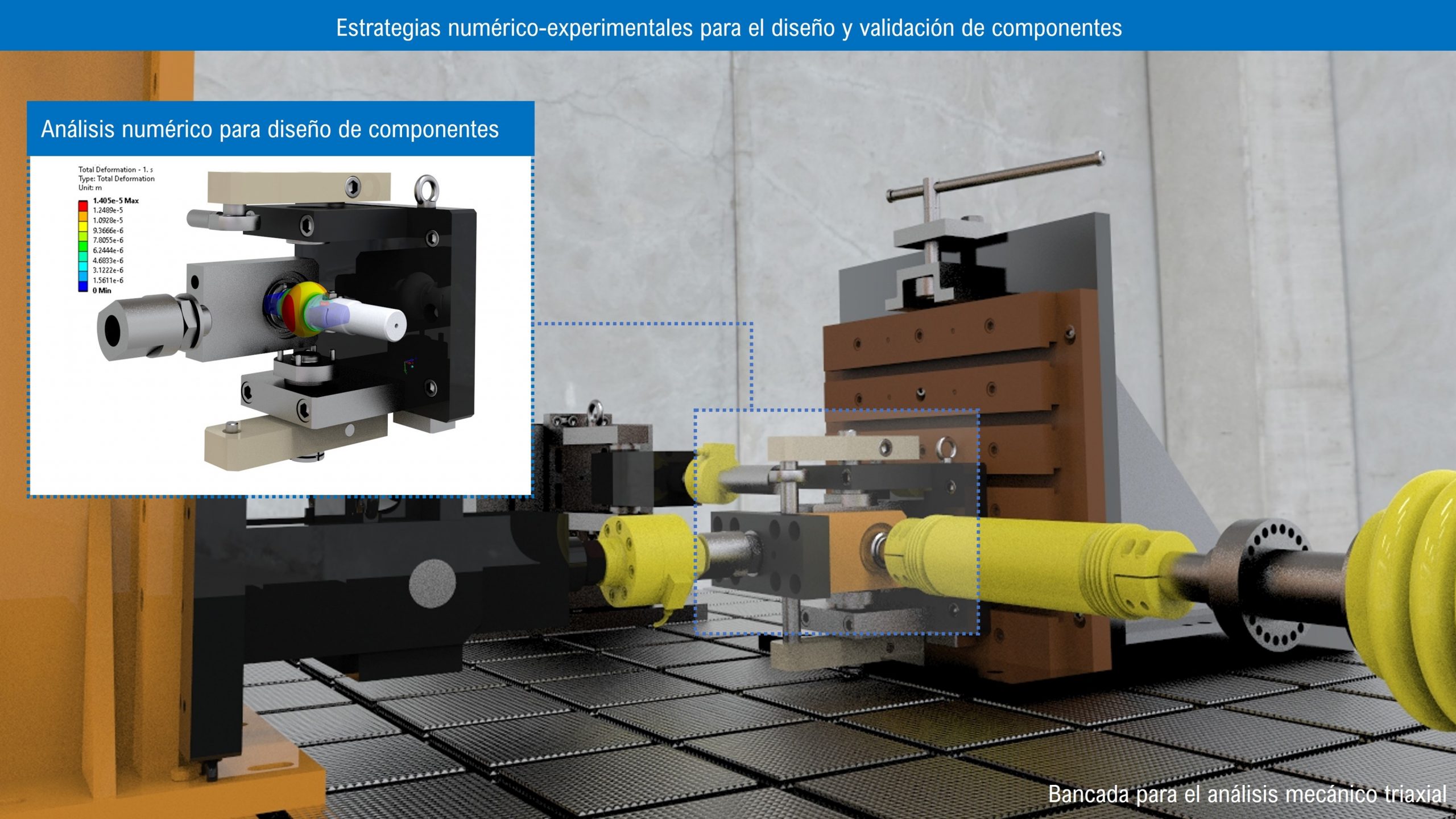
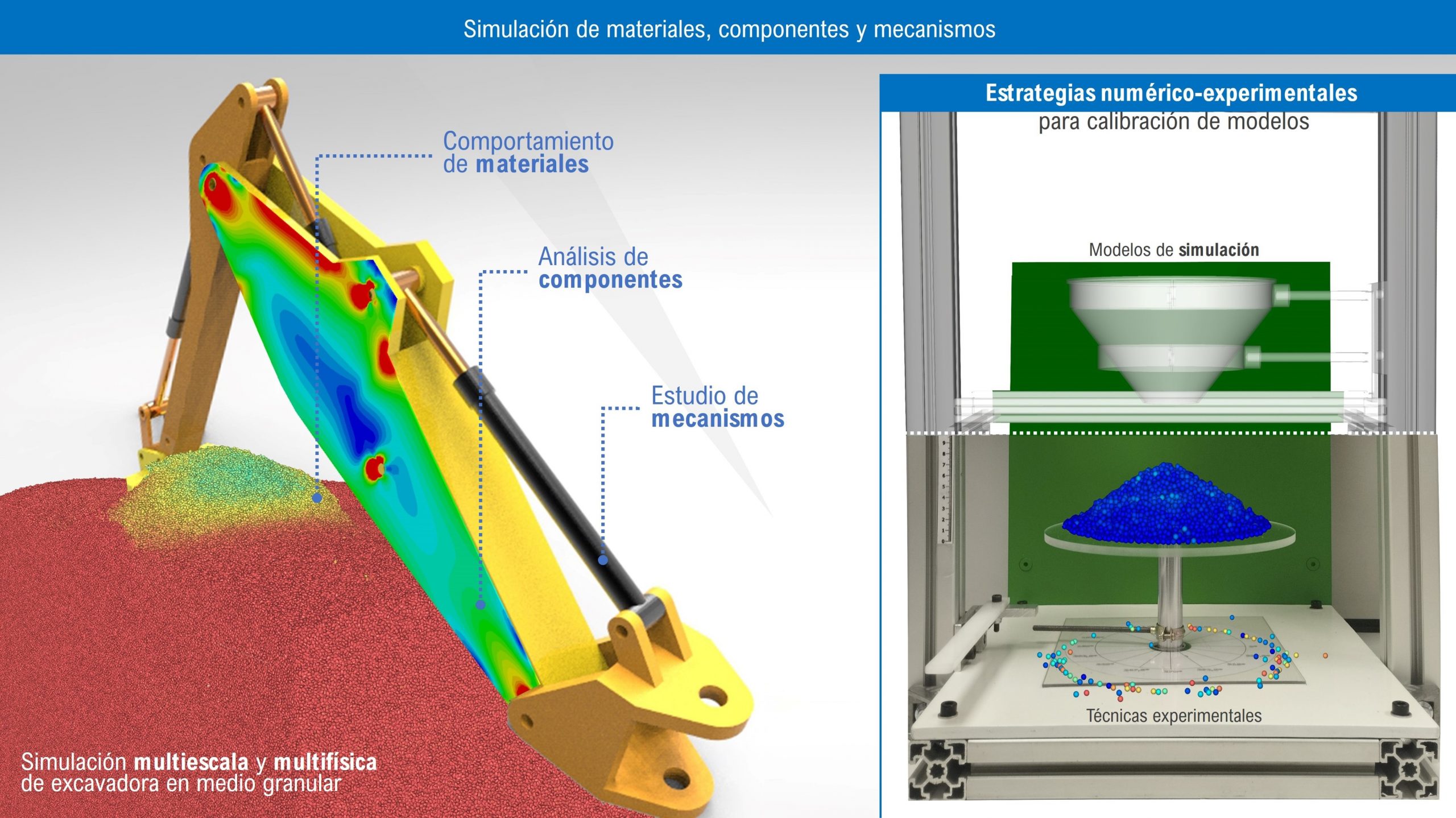
The process of quantifying the forces, stresses, temperatures and other external factors acting on a product or system during its operation.
By accurately measuring and analyzing these conditions, engineers can ensure that products are designed to withstand real-world operating conditions, optimize performance and improve reliability.

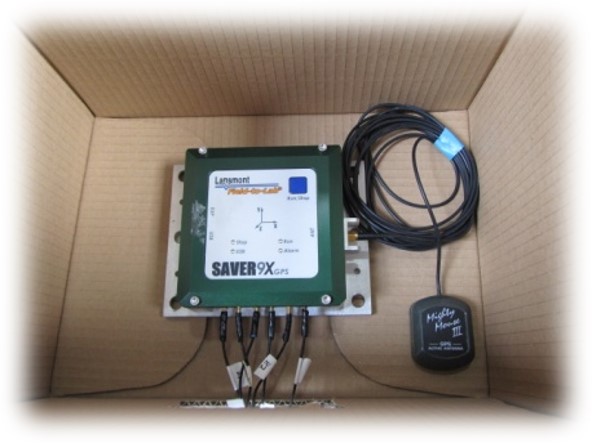

These tests involve subjecting products or materials to extreme conditions or accelerated aging processes to simulate long-term performance or durability in a shorter period.
By applying higher stress levels, temperature, humidity or other environmental factors, engineers predict how products will withstand harsh conditions over time.
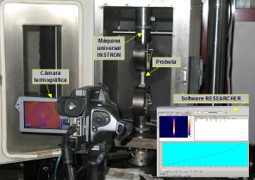
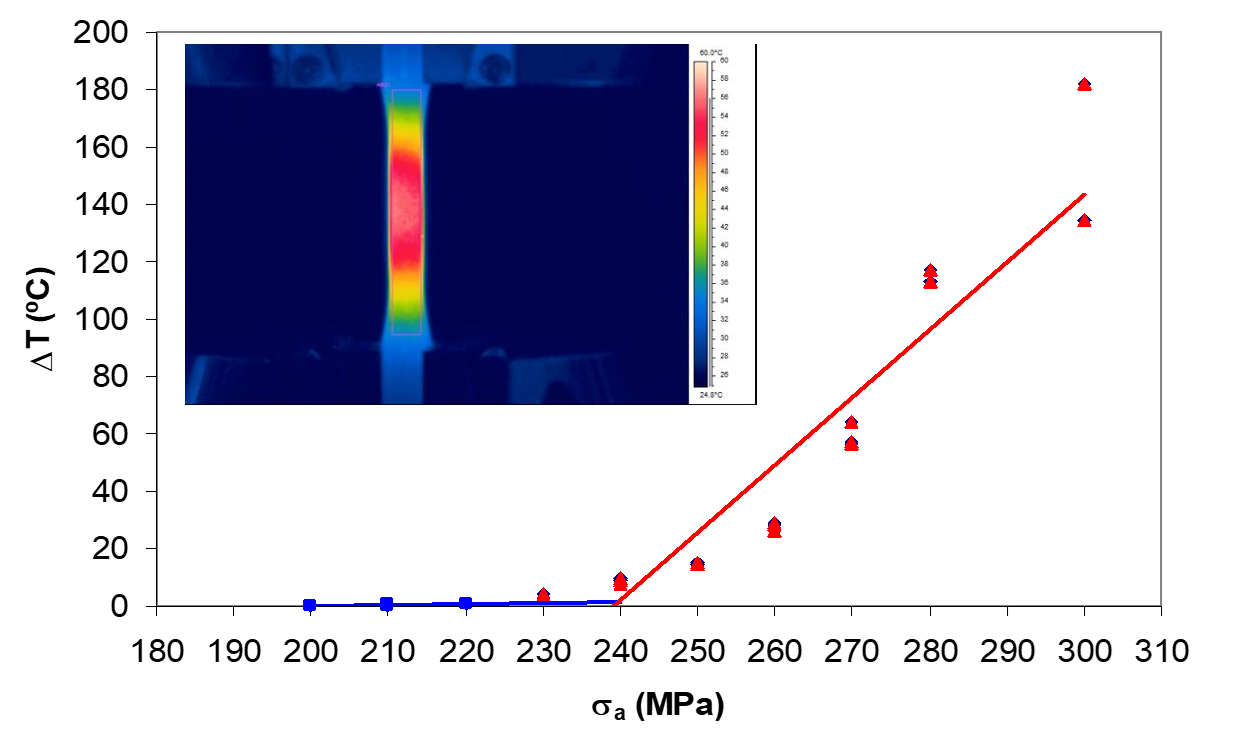
Static fatigue and endurance tests are methods used to evaluate the mechanical properties and durability of materials or components under different loading conditions.
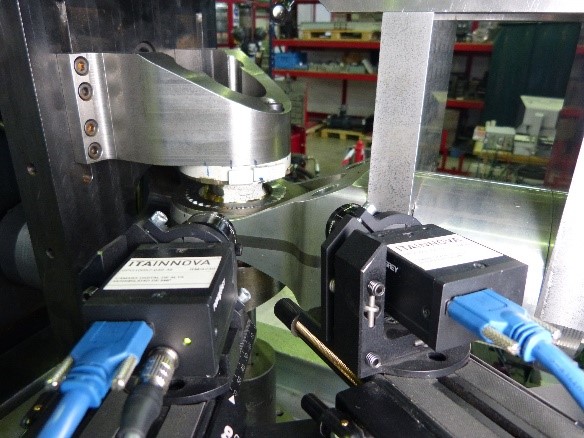
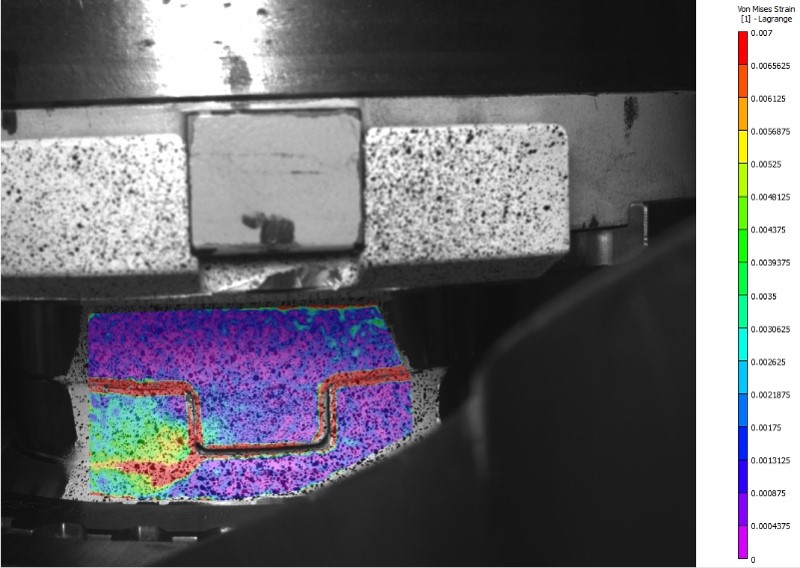
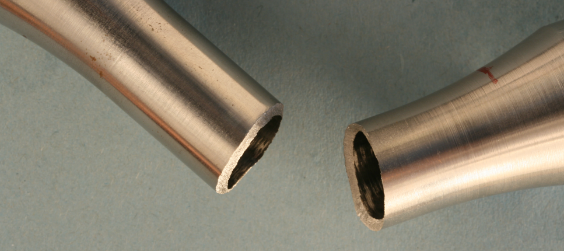
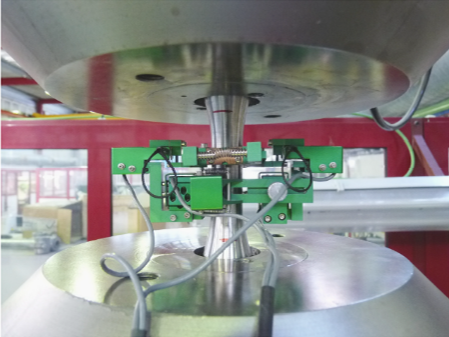
Structural Health Monitoring (SHM) involves the continuous or periodic assessment of the condition and performance of structures using various sensor technologies. These technologies include sensors, data acquisition systems and analytical techniques to monitor and analyze parameters such as vibration, stress, temperature and corrosion.
SHM aims to detect and assess structural damage, deterioration or anomalies in real time, allowing for proactive maintenance, repair or reinforcement to ensure the safety, reliability and longevity of the structure. This approach helps prevent catastrophic failures, reduce maintenance costs and optimize the useful life of critical infrastructure assets.
This system is essential for industries that rely on structural integrity, such as construction, civil engineering, aerospace and automotive, providing a vital tool for the effective management and maintenance of their structures.
Failure Analysis involves investigating the root causes of failures in materials, components or systems to understand why they occurred and prevent their recurrence. This process uses a systematic approach that combines engineering principles, scientific methods and forensic techniques to examine factors such as material properties, design defects, manufacturing processes, environmental conditions and operating stresses.
By identifying the underlying causes of failures, engineers can implement corrective actions, improve designs, strengthen quality control processes and mitigate risks to ensure product reliability and safety.
Functional Assessment involves evaluating the performance capabilities and effectiveness of a product, system or process based on its intended purpose or functionality.
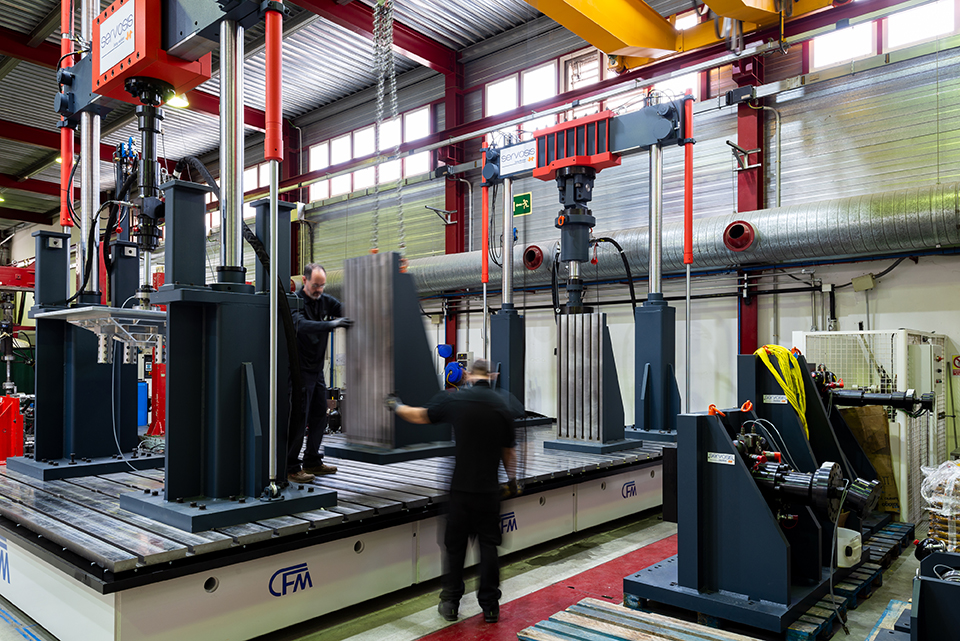
This type of evaluation examines how well the item or process meets specified requirements, standards or user expectations. It often involves testing, analysis and validation procedures to ensure that the product or system performs as intended under various operating conditions. Functional evaluation is essential for quality assurance, product development and optimization, enabling engineers and designers to identify areas for improvement, validate designs and meet customer needs effectively.
On June 11, we will host a conference at our facilities designed to explore and master the advanced technologies that are transforming the way materials and structural components are designed, validated and improved in key sectors such as construction, aeronautics, machinery, industry, energy, automotive, transportation and logistics.
If you want to ensure that your developments meet the highest standards of security and functionality, this conference is designed for you. You can find more information about it, as well as the registration form, by clicking on the image below: